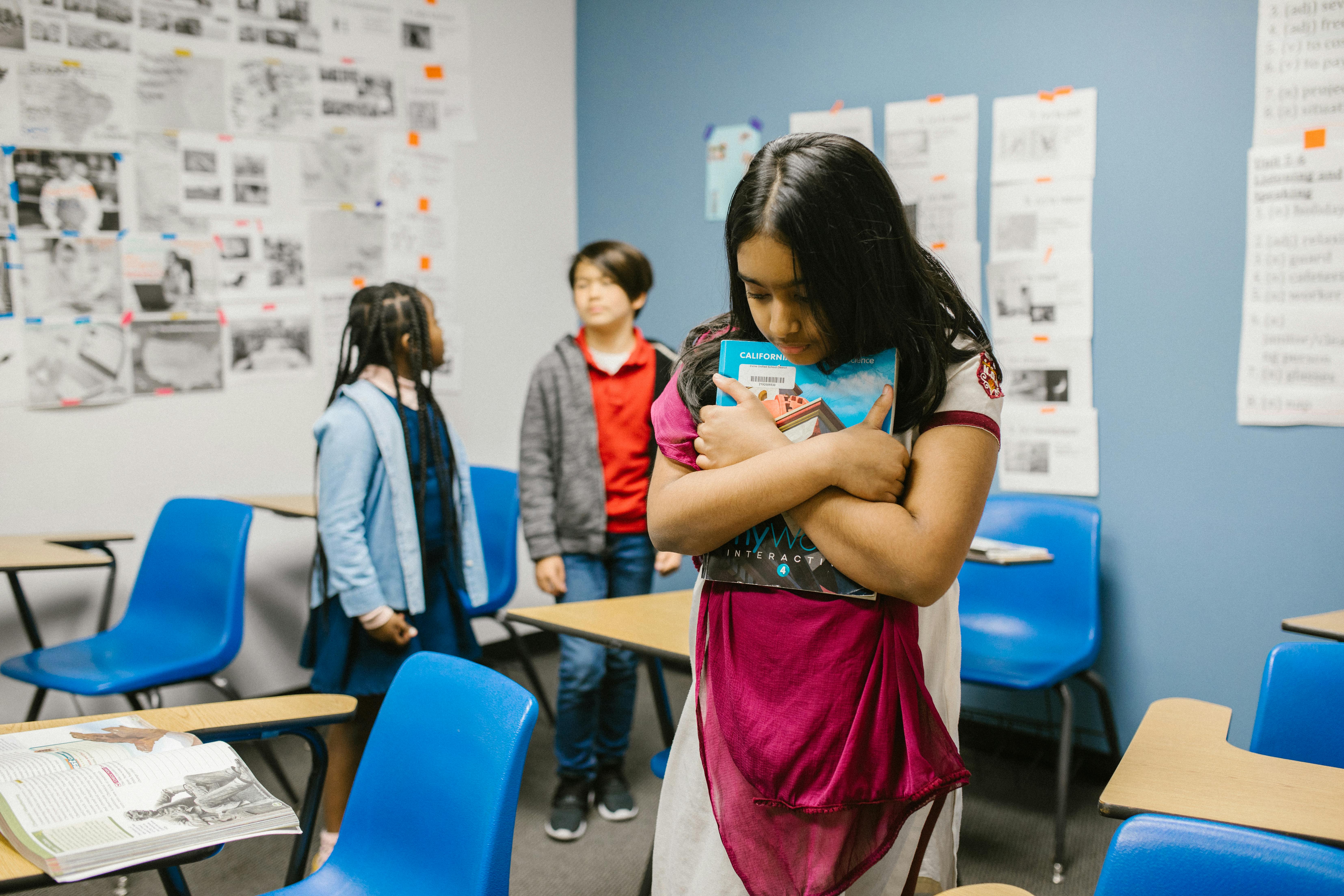Learning Communities and Educational Technology: Part II
By
Steve Garcia
published
Add us as a preferred source on Google
Get the Tech & Learning Newsletter
Tools and ideas to transform education. Sign up below.
By submitting your information you agree to the Terms & Conditions and Privacy Policy and are aged 16 or over.
You are now subscribed
Your newsletter sign-up was successful
An account already exists for this email address, please log in.
Subscribe to our newsletter
- Burns, M. (2002). From compliance to commitment: Technology as a catalyst for communities of learning. Phi Delta Kappan, 84 (4), 295-302.
- Byram Hills Central School District (2004). About learning communities (http://www.byramhills.org/learncomm/lcabout/lcabout.htm). Retrieved on July 31, 2004.
- Cuban, L. (2002). Overused and undersold: Computers in the classroom. Cambridge, MA: Harvard University Press.
- Dodge, B. (1995). Some thoughts about web quests (http://edweb.sdsu.edu/courses/edtec596/about_webquests.html). Retrieved on October 15, 2001.
- DuFour, R., and Eaker, R. (1998). Professional Learning Communities at Work: Best Practices for Enhancing Student Achievement. Bloomington, IN: National Educational Service.
- Fullan, M. (2001). The new meaning of educational change (3 rd ed.). New York: Teachers College Press.
- Heifetz, R. (1994). Leadership without easy answers. Cambridge, MA: Belknap Press of Harvard University Press.
- Hord, S.M. (1997). Professional learning communities: What are they and why are they important (http://www.sedl.org/change/issues/issues61.html). Issues…about Change, 6 (1), 1-6. Retrieved on July 10, 2003.
- Kahn, T.M. (1999). Designing virtual communities for creativity and learning (http://glef.org/php/article.php?id=Art_483. Web-based article to accompany Edutopia-- (Newsletter of The George Lucas Educational
- Foundation), San Rafael, CA Spring, 1999 issue. Retrieved on July 10, 2003.
- Lower Hudson Regional Information Center . (2001). LHRIC pioneer award past winners (http://www.lhric.org/pioneer/index.html). Retrieved on October 15, 2001.
- Riel, M., and Becker, H.J. (2000). The beliefs, practices, and computer use of teacher leaders. Presented at the annual meeting of the American Educational Research Association, New Orleans, LA.
- Senge, P. (1994). The fifth discipline. New York, NY: Currency-Doubleday.
- Sergiovanni, T. (1999). Building community in schools. San Francisco, CA: Jossey-Bass.
- Taylor, J. (2001). Interview with Jacquelyn L. Taylor regarding learning communities at Byram Hills, December 2001.
- Wisconsin Educational Communications Board. (2003). Wisconsin education communications board homepage (http://www.dpi.state.wi.us/index.html). Retrieved on June 20, 2003.
Steven M. Garcia is the Supervisor of Secondary Social Studies in the Harrison Central School District in Harrison, NY. He is a Doctorate of Education candidate at Teachers College, Columbia University in the Inquiry in Education Leadership Practice program. This paper is a part of his doctoral research. The working title of his dissertation is Internet-based Instruction and School Leadership: The Impact of Constructivist Pedagogy.
Tech & Learning Newsletter
Tools and ideas to transform education. Sign up below.
TOPICS
MORE FROM TECH & LEARNING...
